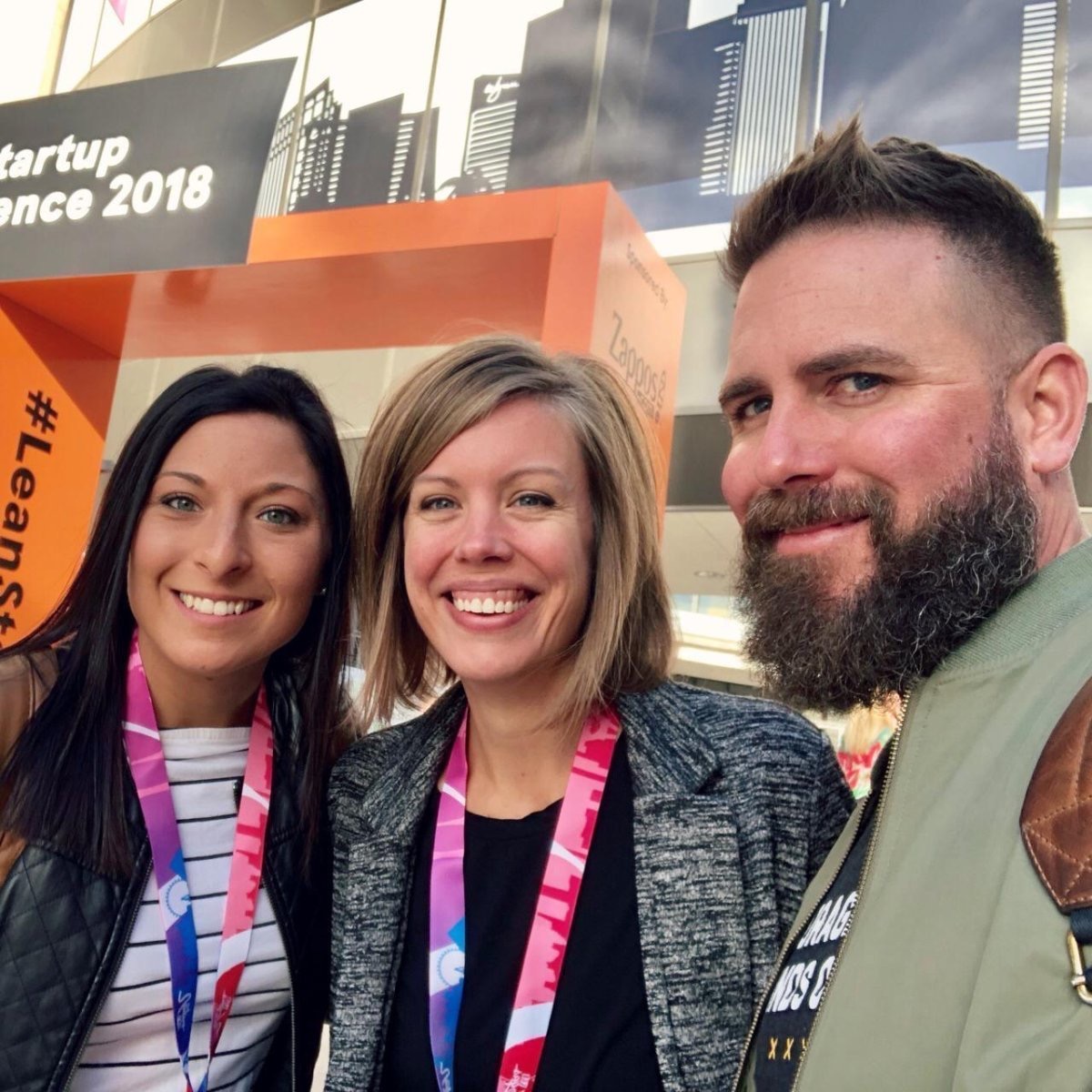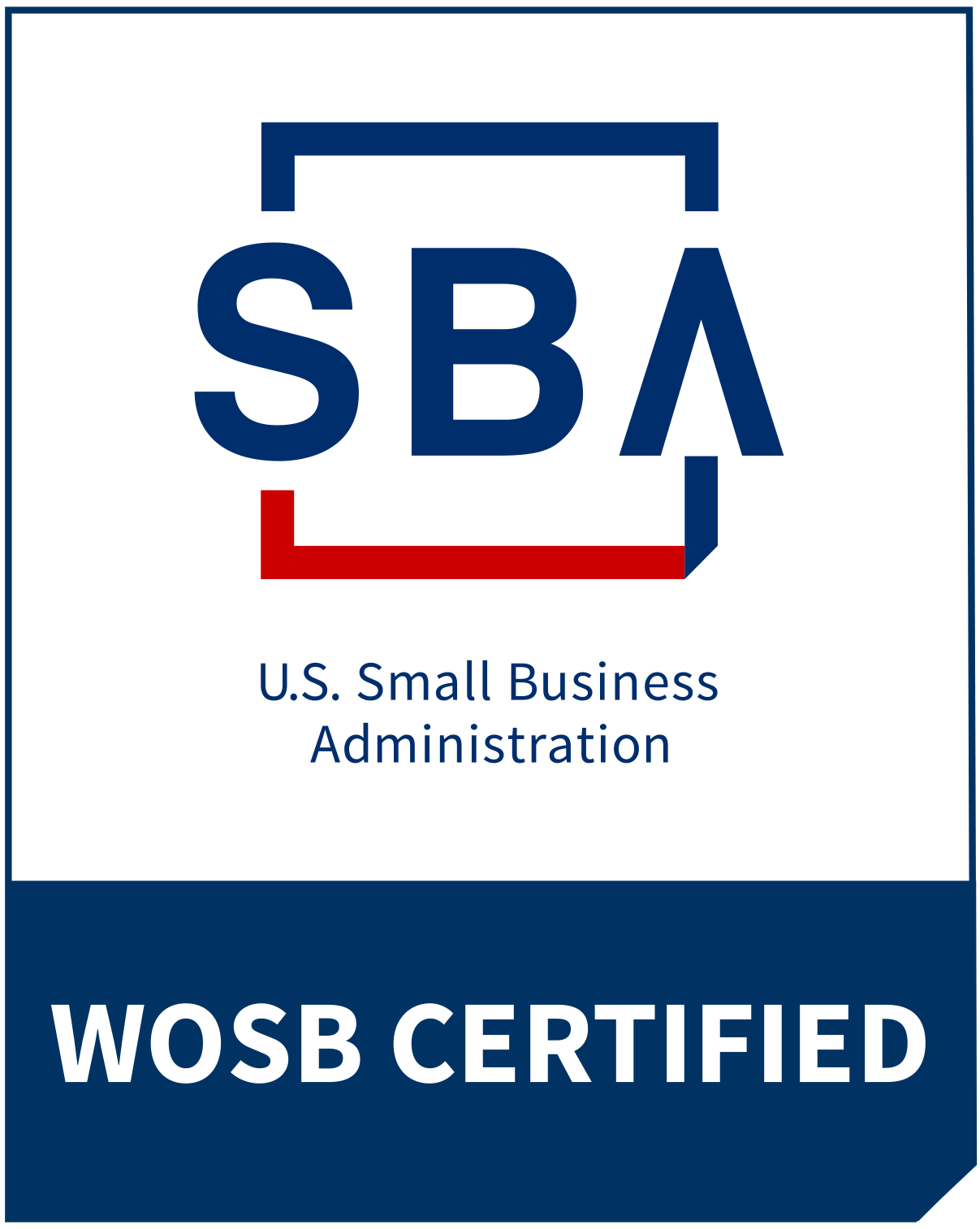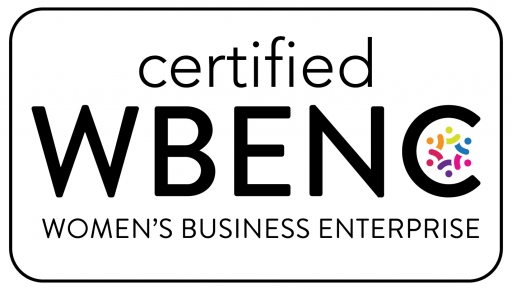We’ve been going to Lean Startup Conference for the past three years, always returning home with a notebook full of ways to optimize approaches and new leaders that we can follow and learn from. The conference is always chock-full of lessons to enable startups and enterprises big and small to operate more lean and entrepreneurial in the face of uncertainty. Innovation leaders, industry experts, and startup founders share their stories of how they have applied the Lean Startup approach to their businesses, and how they have had to move more quickly and strategically to stay ahead of the competition.
Here are a few of our top notes from this year’s conference:
1. Experiment to make better decisions.
While MVP (minimum viable product) has been the emphasis in past years, many have realized that even the MVP itself can be an over-build before experimenting; so the conversation has shifted to conducting smart, fast, iterative experiments. Giff Constable defined an experiment as “a test designed to help you answer the questions ‘Should we do this?’ or ‘Am I right about this?’” Some key advice when running experiments was to think like a hacker, not a product person and to remember the goal is to learn! We’re big fans of Giff’s book, Testing with Humans, because it fleshes out a variety of experiment types.
2. Know where you play on the adoption curve and don’t scale prematurely.
Start by reaching Innovators, then Early Adopters (on the Rogers Adoption Curve) and figure out smaller scale launches. Eric Ries emphasized that Bigcos don’t know how to do small/medium-sized launches and approvals well; they just know million dollar approval processes. Now, more than ever, we’re targeting smaller markets and need smaller launches. It’s crucial to ensure we are making stuff that people will want to tell others about. A key underutilized metric is WOM (word of mouth) and whether Early Adopters are telling the Early Majority about the product/service.
3. Disrupting Traditional Accounting: Innovation Accounting.
Dave Binetti shared a great analogy for Innovation Accounting and the future of how finance needs to think. He explained it’s similar to a life insurance policy – nobody hopes to die, but we all have life insurance coverage for those just-in-case moments. Think of Innovation Accounting like profit insurance for those just-in-case moments when a new, disruptive idea starts impeding on our billion dollar business or product. Putting multiple ideas through metered funding with metrics that show iterative de-risking future-proofs the organization and is a form of insurance. We liked that this analog re-frames how crucial putting bets on more than one idea is. We wouldn’t go without car or home insurance, would we?
4. Lean Startup applies to product/service innovation but also to the organizational structure.
Lean Startup has obvious application to products and services, but the conversation evolved this year to hacking outdated organizational structures that are slowing innovation down. Aaron Dignan shared several cases of teams that have been given autonomy within Bigcos, to operate with speed and agility instead of layered decision-making. These teams act as thousands of “bets” the Bigco is taking. Haier, Handelsbanken, Buurfzorg, and Morningstar Tomato were shared as examples of teams uniquely structured with autonomy to drive their own experiments to yield better products and services.
5. Drive for outcomes instead of giving teams specific “this is how you need to do this” instructions.
Josh Seiden and Cindy Alvarez talked about empowering teams through goals instead of granular maps for how to get there. Cindy Alvarez utilizes simple templates to ensure everyone knows the “why” and where we are heading. For example: “The problem is . We know it’s a problem because . If we don’t fix it, will happen. When we fix it, we’ll get .” We recognized Jobs to Be Done thinking here: instead of telling teams the solution, explain the Job to Be Done and commission them with finding a solution to that Job.
The practice of Lean Startup itself is iterative in nature – getting more and more honed over time. We were refreshed on the mindset of experimenting at every stage, and a renewed desire to learn more about how other organizations are applying Lean Startup. Here’s a peek at some of the books we heard about at the conference, and are adding to our booklist to read in 2019:
- Brave New Work: Are You Ready to Reinvent Your Organization?
- Escaping the Build Trap: How Effective Product Management Creates Real Value
- The Intrapreneur’s Journey: Empowering Employees to Drive Growth
- Testing with Humans



